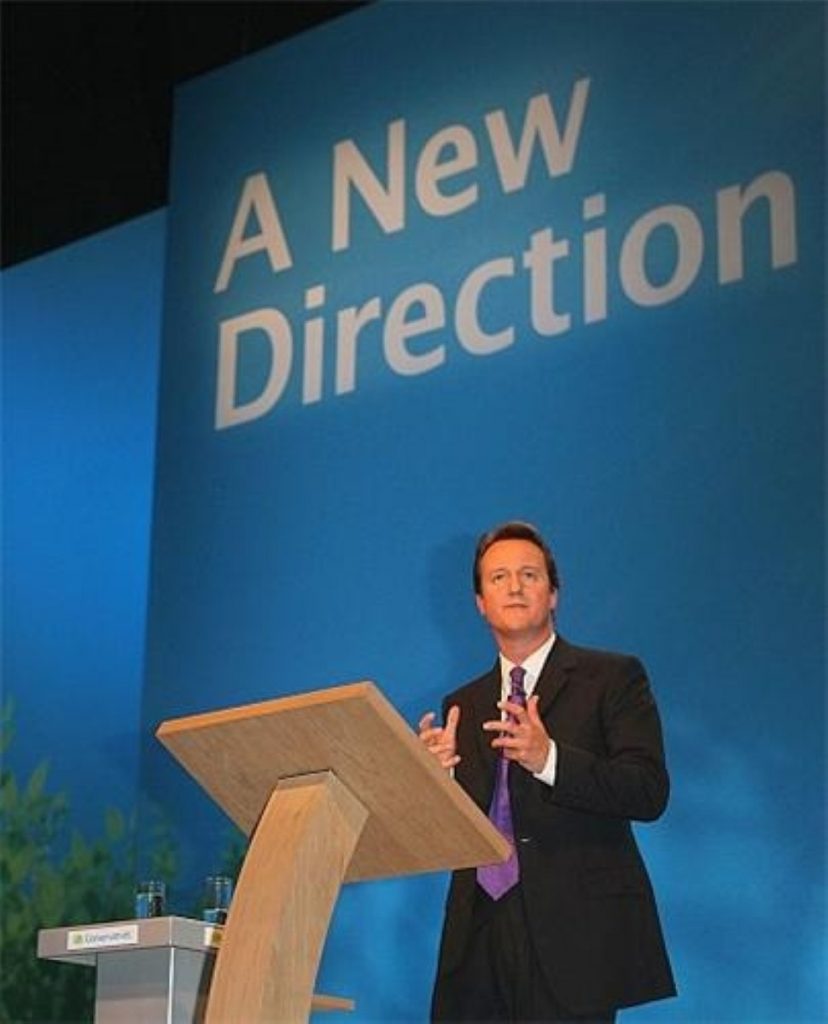Labour could lose the south
Labour is braced to lose as many as 500 councillors in the forthcoming local election, as even Tony Blair concedes the party are facing a “tough time” mid-term.
Some 312 councils are up for election in England and a worst case scenario sees Labour all but wiped out in the south, mirroring the Conservatives’ absence in the north. London is not up for election, it is possible Labour could lose every council in the south apart from Stevenage and Reading.
With parliamentary seats in the south-east and south-west central to Labour’s 1997 election win, the result will not bode well for a likely general election in 2009.
The University of Plymouth’s local election group predicts Labour could lose 500 seats, leaving it with just 5,600 and its smallest share of power in local government for 35 years.


Analysts told the Sunday Times that Labour is heading for 24 per cent of the vote in Thursday’s local elections, leaving it in third place behind the Liberal Democrats on 29 per cent.
The local election is being seen as the first major test of David Cameron’s conservatives. The party is expected to win the most seats in English councils but, on 38 per cent, would fall short of the 42 per cent generally needed to secure a general election win.
Moreover, despite claims Mr Cameron has rejuvenated the Tories, analysts from the University of Plymouth point out their local election performance is likely to mirror William Hague’s in 2000 as much as it does the hey-day of Margaret Thatcher.
Campaigning in Swindon today ahead of the local election, Mr Cameron focused on Mr Blair’s rising unpopularity, highlighting the discontent surrounding NHS cuts, pension taxes and tax changes, the Dome and a perception of “spin”.
Mr Cameron urged the country to use the local election to deliver its verdict on “years of waste and let down”.
“On Tuesday we’ll have had ten years of Blair and Brown. On Thursday, you can tell them what you think of their ten years,” he said.
“It’s your last chance to vote against Tony Blair. It is your first chance to vote against Gordon Brown.”
He portrayed the Conservatives as the party of change, hope and optimism, promising a “Britain that’s more green, more local, and more family-friendly.”
However, amid analysis that the new, greener Tories are failing to win support at the local level in the north, Mr Cameron attempted to tie in this message with traditional Tory values.
Greener streets are safer seats, he claimed, portraying the Conservatives as “fighting crime and grim”.
With the Conservatives hoping to gain from many of Labour’s losses, the Liberal Democrats admit they are facing a “tough” election.
“These are tough elections for us, I don’t deny that,” Sir Menzies Campbell told the BBC.
Meanwhile, Gordon Brown attempted to dismiss Labour’s poor poll ratings as a “phase” and insisted voters would judge the party’s record on Thursday, not just Tony Blair.
Talking to ITV’s Sunday Edition he also rejected calls for an early general election if he succeeds Mr Blair as prime minister, pointing out that the public elects the House of Commons, not Downing Street.












